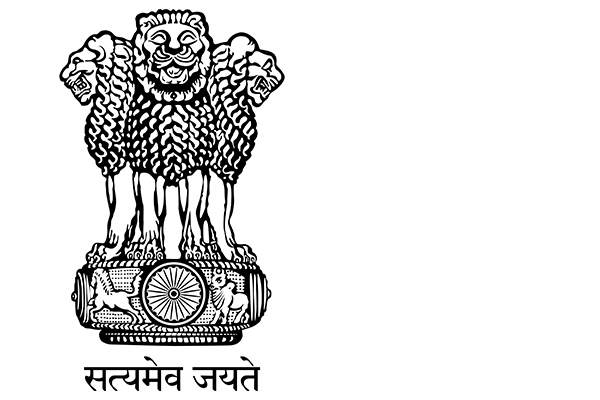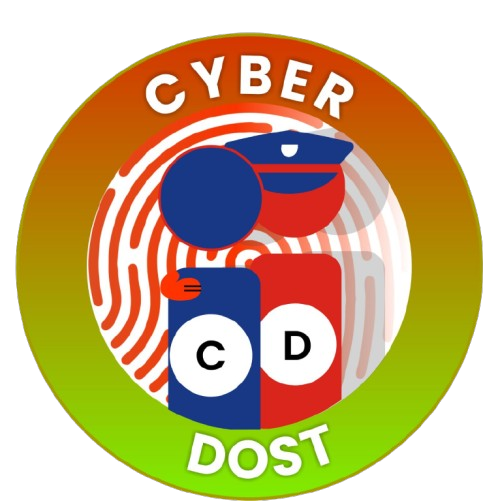TERMS AND CONDITIONS
for the 40 Hours Mediation Training Programme of
Delhi Dispute Resolution Society,
Department of Law, Justice and Legislative Affairs,
Government of Delhi
- Eligibility: The following is the eligibility for 40 hours mediation training programme:
(a) Retired Judges of the High Court;
(b) Retired Judges of the District Courts;
(c) Judicial Officers;
(d) Legal Practitioners/ Advocates with at least 10 years standing at the Bar at the level of the Supreme Court or the High Court or the District Courts;
(e) Experts or other professionals with at least ten years standing; or retired senior bureaucrats or retired senior executives. - Conflict Resolution Skills: Participants are expected to possess and demonstrate effective conflict resolution skills, including active listening, communication, negotiation, and problem-solving abilities.
- Engagement and Participation: Active participation is essential for effective learning. Participants are encouraged to engage in discussions, exercises, and role-plays to maximise the learning experience.
- Attendance and Punctuality: Participants are expected to attend all training sessions punctually. Late arrivals disrupt the flow of the training and may result in exclusion from certain activities. No request for exemption shall be entertained on behalf of participants. A participant shall be given the certificate of a qualified mediator only if he completes the entire training programme ie. attending all the sessions, including role-plays and assessments as required.
- Conduct: Participants must adhere to a conduct that emphasises professionalism, discipline, confidentiality and integrity in all aspects of mediation practice.
- Professionalism: Participants are expected to maintain a professional demeanour throughout the training program. This includes dressing appropriately and refraining from using inappropriate language or behaviour.
- Respect and Courtesy: All participants must treat each other, trainers, and guest speakers with respect and courtesy at all times. Disruptive behaviour, harassment, or discrimination shall not be tolerated.
- Respect for Diversity and Inclusivity: Participants should demonstrate respect for diversity and inclusivity, acknowledging and valuing differences in culture, background, and perspective among parties and stakeholders.
- Confidentiality: Information shared during the training, including personal stories and actual case studies, must be treated with confidentiality. Participants are not allowed to share sensitive information outside the training sessions without explicit consent of DDRS.
- Preparation and Homework: Participants may be assigned pre-reading materials or homework assignments to enhance their understanding of mediation concepts. Completion of these assignments is mandatory.
- 11. Feedback and Evaluation: Participants will receive feedback on their performance from trainers and peers. Constructive criticism is allowed to facilitate growth and improvement.
- 12. Compliance with Training Guidelines: Participants must adhere to all guidelines and instructions provided by the trainers and DDRS. Failure to comply may result in dismissal from the programme.
- 13. Assessment and Evaluation: The participants will have to undergo the assessment and evaluation process during and after the programme to assess their understanding and application of the concepts and skills of mediation learned through this programme.
- 14. Accreditation: After having successfully undergone 40 hours training and assessment, the participants will be entitled to “Qualified Mediator” certification. Only those mediators who complete at least 10 successful mediations as co-mediator and 5 successful mediations as independent mediator and at least 60% score in the feedback by parties and the mediators with whom they are attached and undergoes the Qualifying Assessment Program (QAP) as per the mediation rules of DDRS will be eligible to be accredited as “Certified Mediator”.
********************************************************************


 Delhi Dispute Resolution Society (Regd.)
Delhi Dispute Resolution Society (Regd.) 


